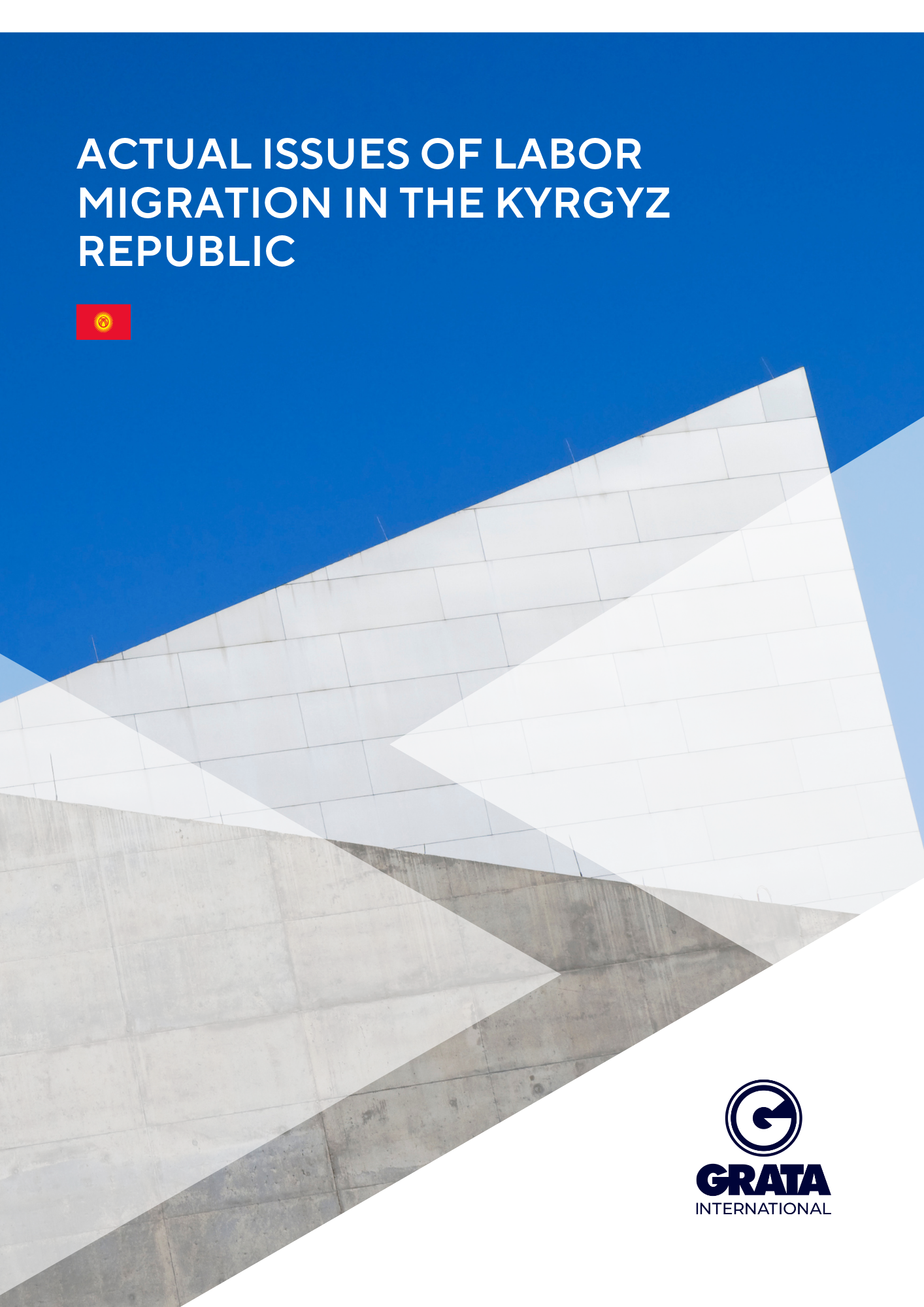Actual issues of labor migration in the Kyrgyz Republic

In the contemporary period, there is an increasing demand for qualified specialists in different sectors of the economy of the Kyrgyz Republic. Taking into consideration that various legal issues surround the movement of the labor force across borders, one of the critical aspects of labor migration is confined within its legal framework. This article aims to explore the concept of labor migration and provide the main directions of its legal regulation within the Kyrgyz Republic. Understanding these aspects is vital for investors, employers, and individuals involved in labor migration to effectively manage and address its challenges and opportunities.
General terms and legal framework in labor migration
Migration legislation and international treaties are crucial for the effective regulation of labor migration. The legal framework governing labor migration outlines the rights and responsibilities of migrants and the host country, as well as prescribes specific procedural rules to safeguard the entire process. When addressing the matter of labor migration, the legal framework primarily consists of the following legal acts:
- Law of the Kyrgyz Republic dated January 13, 2006 N 4 "On external labor migration";
- Regulations on the procedure for labor activities by foreign citizens and stateless persons on the territory of the Kyrgyz Republic (to the Resolution No. 175 of the Government of the Kyrgyz Republic of 16 April 2019);
- Instruction on the procedure for processing and issuing visas to the Kyrgyz Republic (to the Resolution of the Government of the Kyrgyz Republic of 15 March 2017 No. 155)
- Treaty on the Eurasian Economic Union of 29 May 2014;
As a general rule, foreign nationals have the right to work in the Kyrgyz Republic on the basis of a legally obtained work permit. Similarly, employers in the Kyrgyz Republic have the right to employ foreign nationals based on quotas for attracting foreign labor (hereinafter referred to as "quota"). The process of obtaining a work permit and quota requires compliance with legal requirements, ensuring that migrants enter the labor market legally. The authorized state body responsible for the distribution of work permits and quotas is the Ministry of labor, social security, and migration of the Kyrgyz Republic and its respective divisions.
